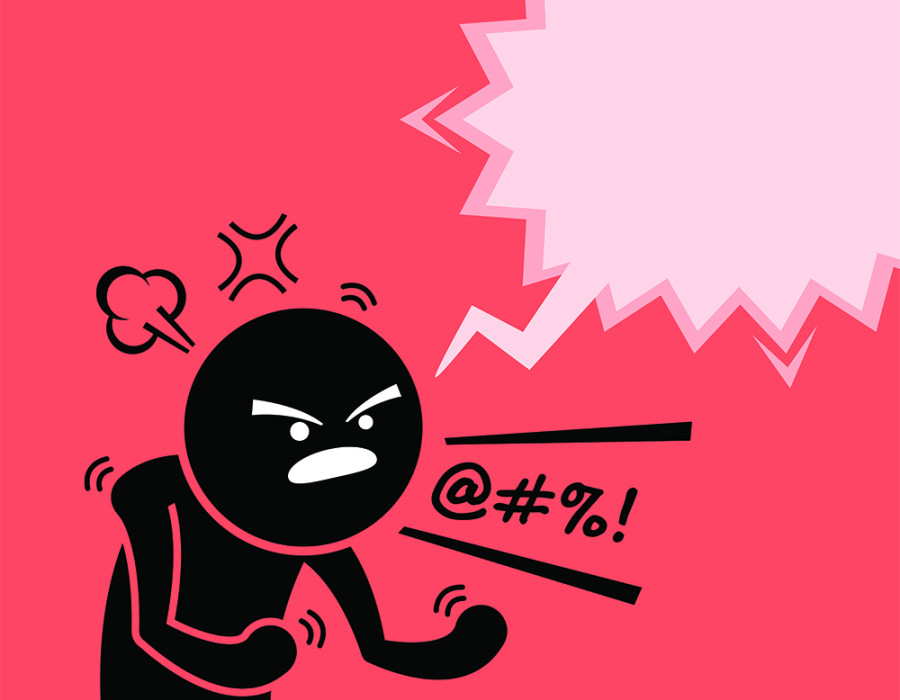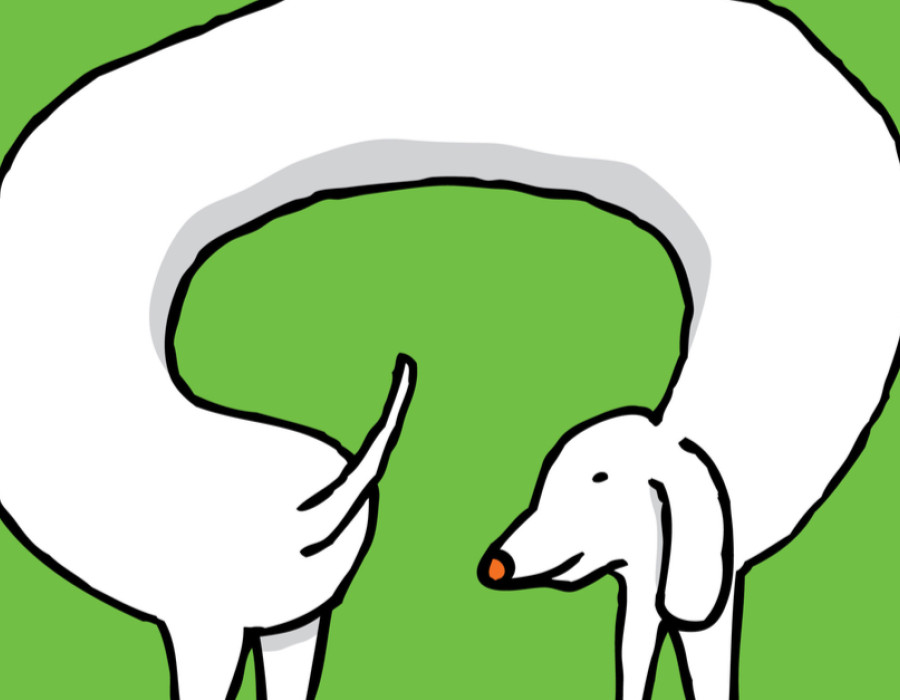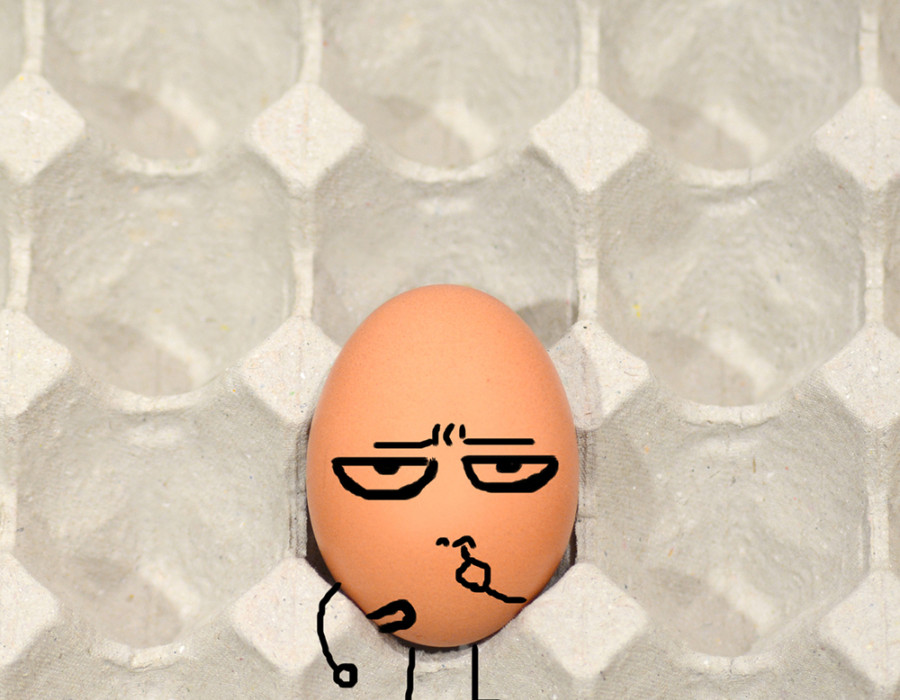
Martin Goodson
The Five Hindrances: 5 | Skeptical Doubt
Exercises in Mindfulness
'The Great Ball of Doubt’ is one of 3 great requirements of Zen, yet skeptical doubt is a hindrance to mindfulness and meditation. How can we differentiate between the two?
.jpg) ©
© Shutterstock
This is the last on our list of the Buddha’s teachings known as The Five Hindrances to Meditation and Mindfulness.
Skeptical doubt is an habitual mental state that interferes with the quiet investigation of psycho-physical states of consciousness. In itself it is a prejudiced view and needs to be differentiated from the more pragmatic doubt that leads to curiosity and investigation. The late Daiyu Myokyo once gave a good example of this more helpful form of doubt.
Due to an accident in her youth, Master Myokyo lost her sense of smell but could still taste perfectly. One day she ate a boiled egg that seemed a bit off and it left an unpleasant taste in her mouth. One never knows why something leaves an indelible impression, but apparently it did so.
After this incident every time she ate a boiled egg it tasted as if it had gone off. After the third incident she thought this was most odd. Surely one wouldn’t expect to have a bad egg from a different egg box three times in a row? So, the next time she bought some eggs, she invited a friend whom she trusted to have one with her. Having boiled the eggs, she invited her guest to try his. Was it off? “No,” came the reply. She sat herself down and proceeded to eat the egg with gusto, ignoring the slight queasiness that she had about eating it. About half way through eating, the feeling of queasiness left her and she had no more problem eating eggs after that.
What do we learn from this story of the boiled eggs? The first thing Master Myokyo noted was a pattern of unusual behaviour in herself. Despite her mind insisting that the eggs were the problem, common sense made her doubt her own sense impressions. After this she created an experiment with a trusted friend who as an outsider could give another view of the matter. Having trust in her friend, she handed over the power of judgement to him and when he gave her the ‘all clear’ proceeded to ignore her own judgement. The result was that the false view of the eggs given by the persistent bad taste in her mouth abated. Because it could no longer stand up to reality, the false taste was demolished.
The more open form of doubt is known in Zen training as the great ball of doubt. It is one of the three great requirements of Zen: great doubt, great faith and great courage. It is worth pondering for a moment how all three feature in the above anecdote.
Doctrinally, skeptical doubt refers to doubt about either the teachings, the teacher or the practice. As a result, good advice can come to be regarded as unwarranted and without any true basis in fact. An ‘a priori’ judgement may be made because something conflicts with a cherished opinion. The problem with cherished opinions is that many of our favorite ones are untested and simply assumed to be true. They are often the result of personal experience - like being bitten by a dog and then developing a fear of all dogs - that may not reflect the whole truth.
Skeptical doubt can also arise from fear - as in the case of the man in the Buddha’s parable who was shot with a poisoned arrow. He fears the pain that will be caused by the removal of the arrow so prevents his colleagues from removing it. He delays by insisting on knowing all sorts of irrelevant facts: what the arrow is made of, where it came from, who the person was who shot it and so on. He would rather die of poisoning than face his fear so he pretends that he must know all these things to be properly cured.
The heart of our practice is to “give myself away” into what at this moment is being done anyway. This “giving myself away” means, for “I”, becoming no-thing. This is what the Buddha described as the truth, and hence he called the thought of “I” a false view. Even a delusion will fear becoming no-thing so it’s little wonder that all the defences go up when “I” am threatened. Look what happens when one of these cherished notions of mine gets criticised or derided? It feels like a wounding, like my very life is under threat. I want to retaliate against “mine enemy”. More often than not these emotional reactions are overblown, but sometimes, if paralysis and fear are present, there can be an under-reaction instead. These are both hints that the reaction may not be due to the situation alone but has absorbed in a semi-conscious way some pre-conceptions of my own. If these emotional reactions form a pattern of behaviour, we have fruitful areas for investigation. It is precisely these areas that we must explore with curiosity, attention and awareness.
Skeptical doubt is an emotional reaction based on either prejudice or fear. The great ball of doubt is an openness that allows for there to be something beyond my own views. They have two quite different feeling tones. The former is more stubborn. If pushed it can become fiery or react by shutting down its response altogether. The latter holds views lightly and has clarity and confidence that in the end the truth of the situation can be trusted above and beyond what is simply “my truth”.
Text copyright to The Zen Gateway.









